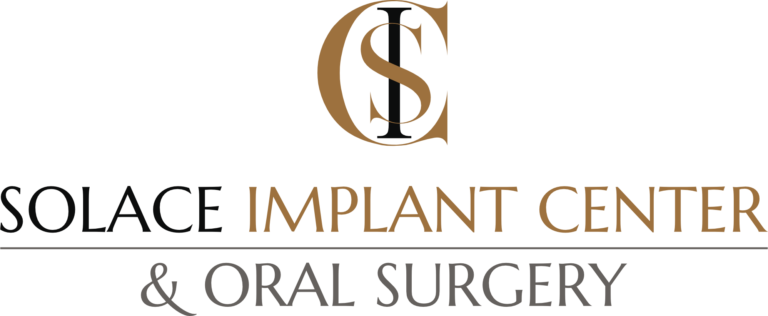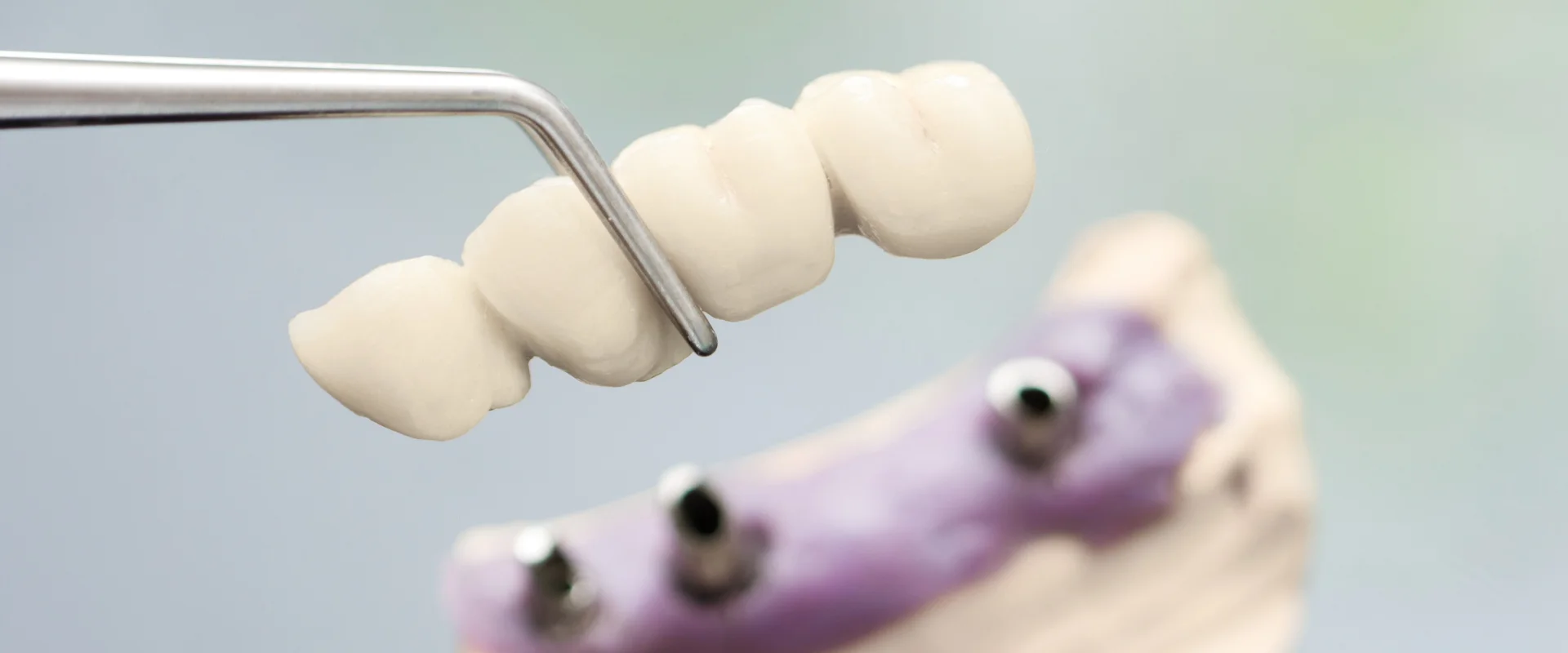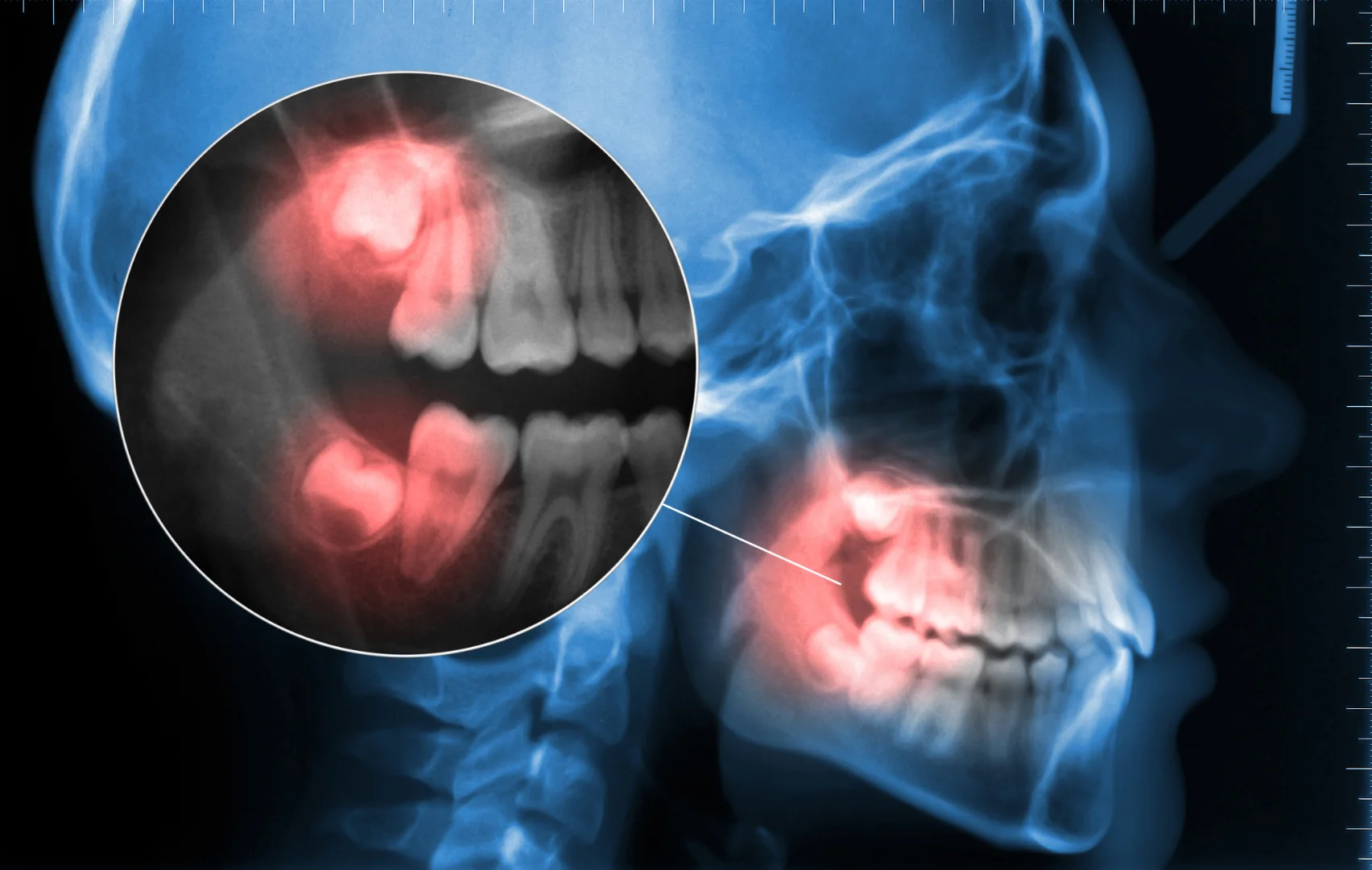If you visit your dentist regularly, you probably hear a lot about dental hygiene. After all, the brushing and flossing they recommend is designed to keep your teeth and gums looking (and smelling) fantastic. Oral hygiene, though, is about more than just keeping your smile clean and breath fresh. It also has a significant impact on overall health.
Introduction to Good Oral Health
Good oral health is the foundation for a healthy life and overall well-being. Practicing good oral hygiene means more than just keeping your teeth clean—it’s about protecting your mouth from oral health problems like gum disease, tooth decay, and dental caries. The American Dental Association recommends brushing your teeth at least twice a day with fluoride toothpaste and using dental floss daily to remove plaque and food particles that brushing alone can miss. Regular tooth brushing and flossing, along with professional cleanings from your dentist, are essential steps in preventing periodontal disease and tooth loss. A healthy diet also plays a key role in maintaining optimal oral health, as it helps keep your teeth and gums healthy and strong. According to the World Health Organization, adopting good oral hygiene habits at any age can lead to better oral health and improved overall health. By making oral health care a priority, you’re investing in your long-term well-being.
Nutrition and Oral Health
Your mouth is the first part of your digestive system, so it only makes sense that your oral hygiene has a bearing on overall nutrition. Healthy teeth are essential for proper chewing, speaking, and overall health.
Strong teeth are crucial to eating many healthy foods, such as apples, carrots, and nuts. If you don’t maintain your dental hygiene you could experience inflamed gums, cavities, and infected or lost teeth. All of these issues make it more difficult to enjoy wholesome, fresh foods. You could end up filling yourself with soft, junky foods instead. Chewing problems can also lead to irritable bowel syndrome and intestinal failure, among other medical conditions. Pregnant women with poor oral health, especially gum disease, are at increased risk for adverse pregnancy outcomes, including preterm labor and low birth weight.
Infection, Diseases, and Gum Disease
Poor oral hygiene is also linked to some infections and diseases. Cardiovascular disease, for instance, may be related to the bacteria caused by oral inflammation. Oral disease is also associated with a variety of health conditions, including cavities, gum diseases, and their impact on overall health and economic costs. New research is constantly being done to determine the exact linkages between such conditions.
There are indirect effects of poor dental hygiene, as well. For example, if you have an infection in your mouth, it weakens your entire immune system and makes you more susceptible to other sicknesses. Poor oral health can also complicate the management of other diseases, such as diabetes, HIV/AIDS, and Alzheimer’s disease. Serious cases of oral infection may potentially lead to sepsis.
Social and behavioral factors can increase disease risk for oral and other systemic diseases, highlighting the importance of prevention and early intervention.
The Impact of Poor Oral Health on Health Care
Poor oral health doesn’t just affect your mouth—it can have serious consequences for your entire health care journey. When oral hygiene is neglected, problems like gum disease, tooth decay, and oral infections can develop, leading to more complex oral health issues that require extensive dental care. These conditions can increase the need for emergency dental services and even contribute to higher health care costs overall. Research suggests that untreated oral diseases can worsen other health conditions, such as heart disease, diabetes, and respiratory tracts infections, making it harder to manage your general health. Poor oral health can also impact your quality of life, causing pain, difficulty eating, and missed days at work or school. By maintaining good oral hygiene and seeking regular dental visits, you can help prevent these health consequences and reduce the burden on the health care system.
How to Maintain Good Oral Hygiene
Keeping your mouth clean and healthy requires proper attention. The most important thing to develop is a maintainable routine. It’s not good enough to brush only a few times a week; brushing needs to occur at least twice per day. Make sure you’re spending about two minutes brushing, or you might not remove all of the plaque and bacteria. To simplify the process, set a timer or play your favorite song.
Seeking guidance from dental professionals is essential for preventive care and education, helping you maintain optimal oral health.
Other steps to good oral hygiene include:
- Flossing at least once per day, being careful not to damage the gums.
- Using a mouthwash after eating.
- Avoiding excess sugar or overly sticky foods, such as caramel.
- Brushing after eating sugary or grainy meals that may embed themselves in tooth grooves or existing cavities.
One of the most important ways to protect your dental hygiene is by visiting your dentist on a regular basis. She will be able to check for warning signs and future problems, while giving your teeth a deep cleaning.
If you need help and guidance on this, give us a call!



